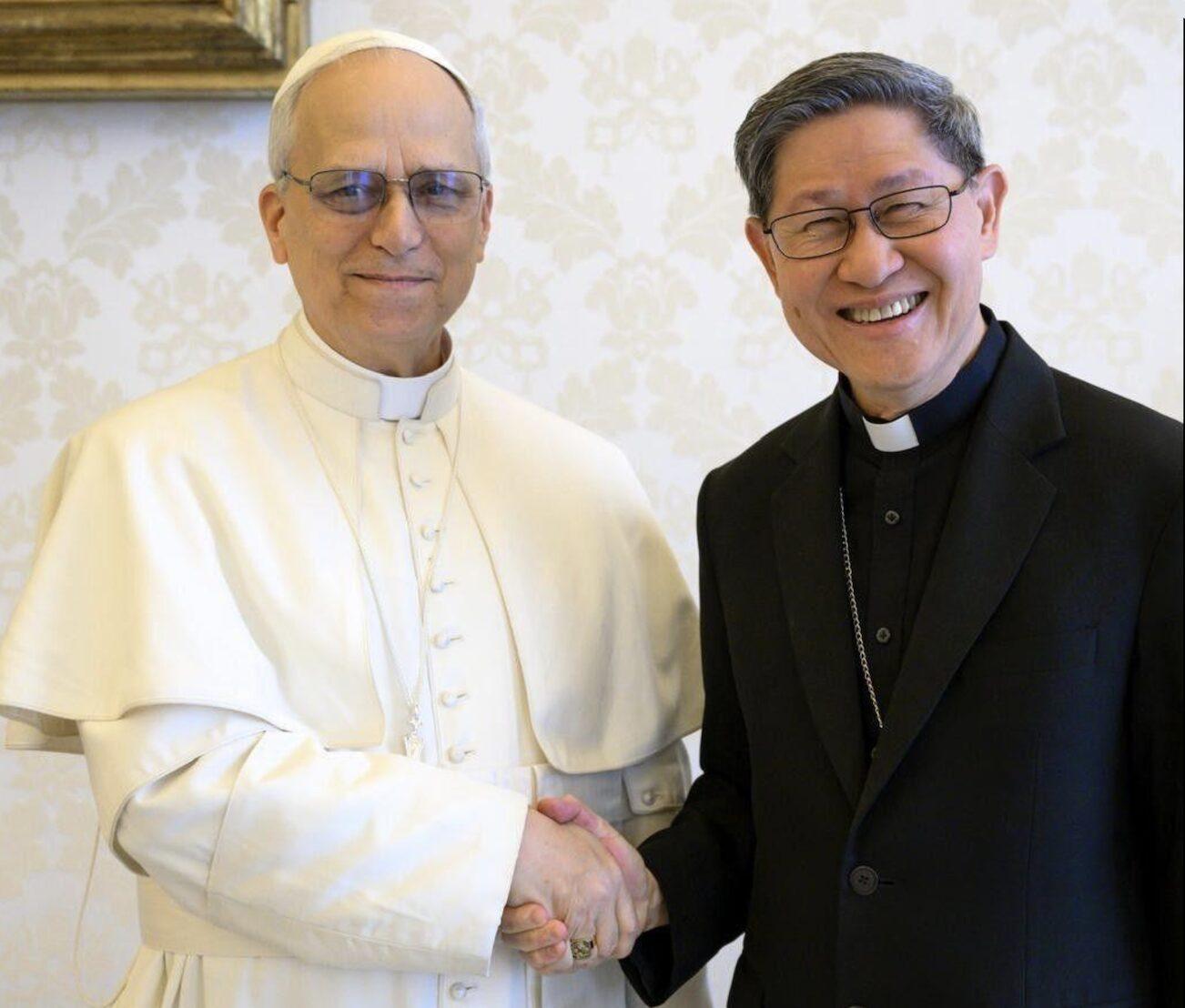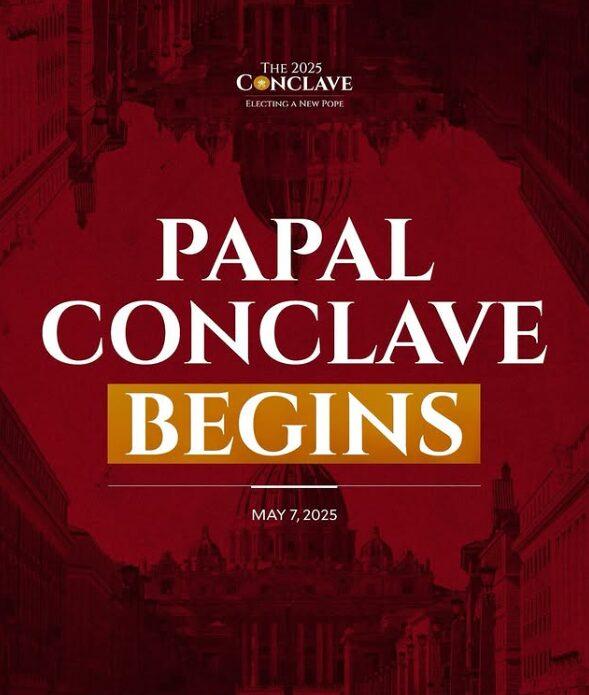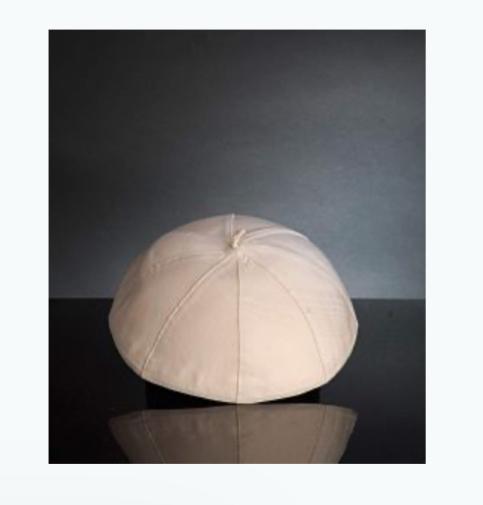Boxing fans across the country and their lawyers are calling the much-anticipated fight between Manny Pacquiao and Floyd Mayweather Jr. a “fraud,” and want their money back.
At least 32 lawsuits seeking class-action status allege Pacquiao should have disclosed a shoulder injury to the Nevada Athletic Commission before the May 2 fight, which Mayweather won in a unanimous decision after 12 rounds.
After years of negotiations between the two fighters, most fans thought the media-dubbed “Fight of the Century” didn’t live up its hype.
“More like fraud of the century,” the lawsuits contend.
“The fight was not great, not entertaining, not electrifying. It was boring, slow and lackluster,” a lawsuit filed in Texas that alleges racketeering said. That claim is usually associated with organized crime.
A lawsuit filed on behalf of Los Angeles’s Flights Beer Bar, which paid $2,600 to broadcast the fight, said Pacquiao and his promoter’s actions were “nothing but a cash-grab.”
The fighters are expected to earn more than $100 million each, with Mayweather having a bigger cut than Pacquiao as agreed upon. On the night of the match, HBO and Showtime broke records, raking in more than $400 million from 4.4 million viewers who bought the pay-per-view broadcast.
Those people paid up to $100 each for the broadcast, and the lawsuits want a refund.
A federal panel of judges will likely first need to decide if the lawsuits from multiple states as well as Puerto Rico should be consolidated into one case. From there, a judge would have to decide whether to certify them as class action or not,
Each lawsuit is seeking a jury trial and at least $5 million in damages, the threshold for federal class-action lawsuits.
But the defendants, however, differ. All include Pacquiao and his promotions team, but some add Mayweather and his representatives, along with cable companies HBO and Showtime.
Representatives for Manny Pacquiao and Top Rank Promotions, HBO and Showtime made no comment on the lawsuits. Mayweather Promotions also did not return multiple phone messages.
Exhibit A for most of the lawsuits is a Nevada Athletic Commission medical questionnaire that Pacquiao signed days before the fight. When asked if he had any injuries, he answered “no”—not reporting his major shoulder injury, which he had surgery for in the week after the fight.
In a twist, Pacquiao also revealed for the first time in a post-fight press conference that he had torn his rotator cuff during training in the weeks before. The Nevada Athletic Commission denied him a pain reliever just hours before the fight, when regulators first learned of the injury.
Shortly after the fight, conspiracy theories went around as to how many people knew about the injury and when, as well as claims in a few of the lawsuits that Mayweather had a spy in Pacquiao’s camp, and that he targeted Pacquiao’s injured right shoulder during the fight.
Experts in resolving legal disputes doubt that upset boxing fans will be able to claim victory in the lawsuits.
“They’d have more lawsuits if they didn’t hold the fight,” said Maureen Weston, director of the entertainment, media and sports dispute-resolution project at Pepperdine University. “If a fight is what fans were paying for, the boxers unquestionably delivered.”
“Just because people didn’t like the show doesn’t mean they get their money back.”
Ultimately, sports fans should ask who Pacquiao had a legal duty to explain his shoulder injury prior to meeting Mayweather in the ring.
“He didn’t have to tell viewers,” Weston said. “The only contract viewers had was with their cable companies, which had contracts with HBO and Showtime.”
The Mayweather-Pacquiao match is not the first time bored customers have gone to court when things didn’t go quite the way they expected.
If viewers were promised a fight, and they got a 12-round fight, that should be enough, argued Caleb Marker, a lawyer who represents clients in two separate class-action suits against Pacquiao. (With reports from Hartford Courant, Associated Press)
(www.asianjournal.com)
(SF May 22-28, 2015 Sec. A pg.1)






